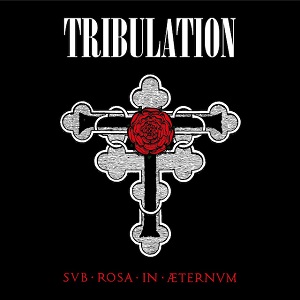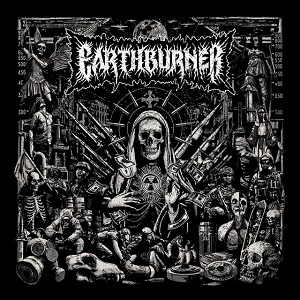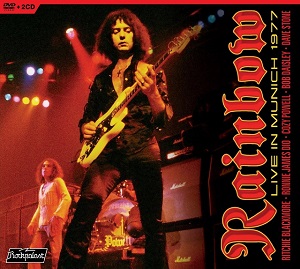GREAT WHITE Station Fire Update: AG Seeks Release Of Grand Jury Testimony
December 14, 2006, 17 years ago
The following report is courtesy of BostonHerald.com:
Public confidence in the criminal justice system, shaken after three men charged in a deadly nightclub fire reached plea deals rather than stand trial, could be improved by the full disclosure of secret grand jury testimony in the case, lawyers said Wednesday in arguing for the release of the materials.
The attorney general’s office is seeking to make the testimony public to satisfy intense interest in the circumstances and scope of the investigation into the Feb. 20, 2003, fire at The Station nightclub, which killed 100 people.
Superior Court Presiding Justice Joseph Rodgers Jr. said he expected to decide within 10 days.
The state convened a grand jury days after the fire, which began when pyrotechnics from the rock band GREAT WHITE ignited flammable soundproofing foam in the West Warwick club.
The grand jury met for 10 months before indicting club owners Jeffrey and Michael Derderian and former Great White tour manager Daniel Biechele. All three entered plea deals this year, resolving the charges and erasing the prospect of a criminal trial - which many saw as an opportunity for unfettered access to information about how the disaster occurred.
Michael Derderian and Biechele are each serving four-year prison sentences; Jeff Derderian was given probation and community service.
Attorneys for the Derderians, fire survivors and victims’ relatives, and some of those being sued in federal court over the fire also spoke in support of releasing the testimony.
They said Wednesday the immense public interest in the case outweighed the secrecy rules traditionally governing grand jury proceedings. Without a trial, the reams of grand jury testimony provide the most complete written record about how the fire was investigated.
Steven Minicucci, an attorney for fire survivors and victims’ relatives, said there was an unfortunate public perception that justice had not been not served.
Many victims’ families thought others, such as the local fire inspector, could have faced criminal charges and were angry that none of the defendants stood trial.
“The Rhode Island legal system needs disclosure of these materials almost as much as the parties,” Minicucci said.
But others argued in favor of keeping the material secret, saying witnesses need to feel they won’t face retribution or publicity for appearing before a grand jury. They also said it was important to protect the reputation of people who may be investigated but are ultimately exonerated and never charged.
“To allow the release of this information because it’s very interesting to the public is a dangerous step to take,” Lise Gescheidt, president of the Rhode Island Association of Criminal Defense Lawyers, told Rodgers.
Alan Goulart, chief of the attorney general’s criminal division, argued that those concerns were not applicable in this case, partly because the identities of grand jury witnesses have long been known to the public.
To read the rest of this report head to this location.











